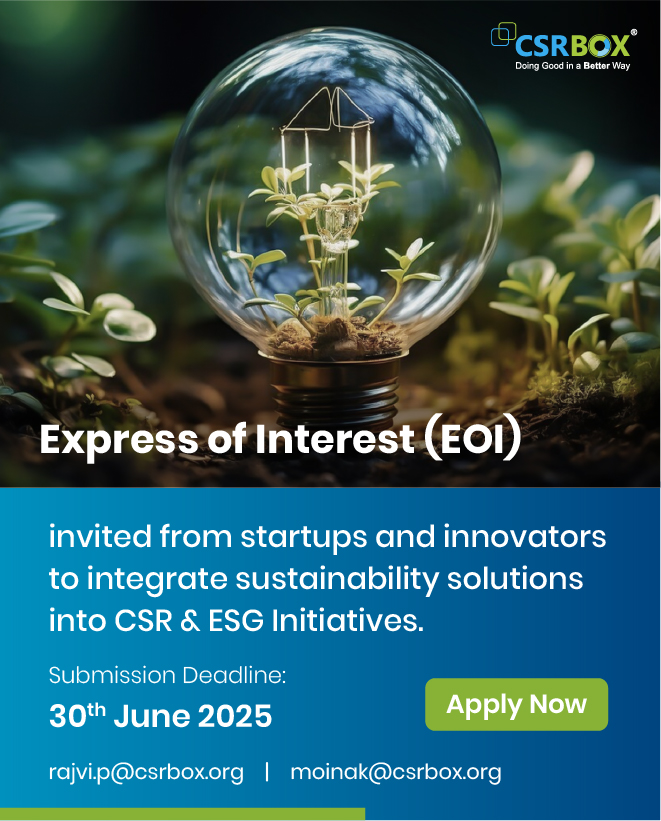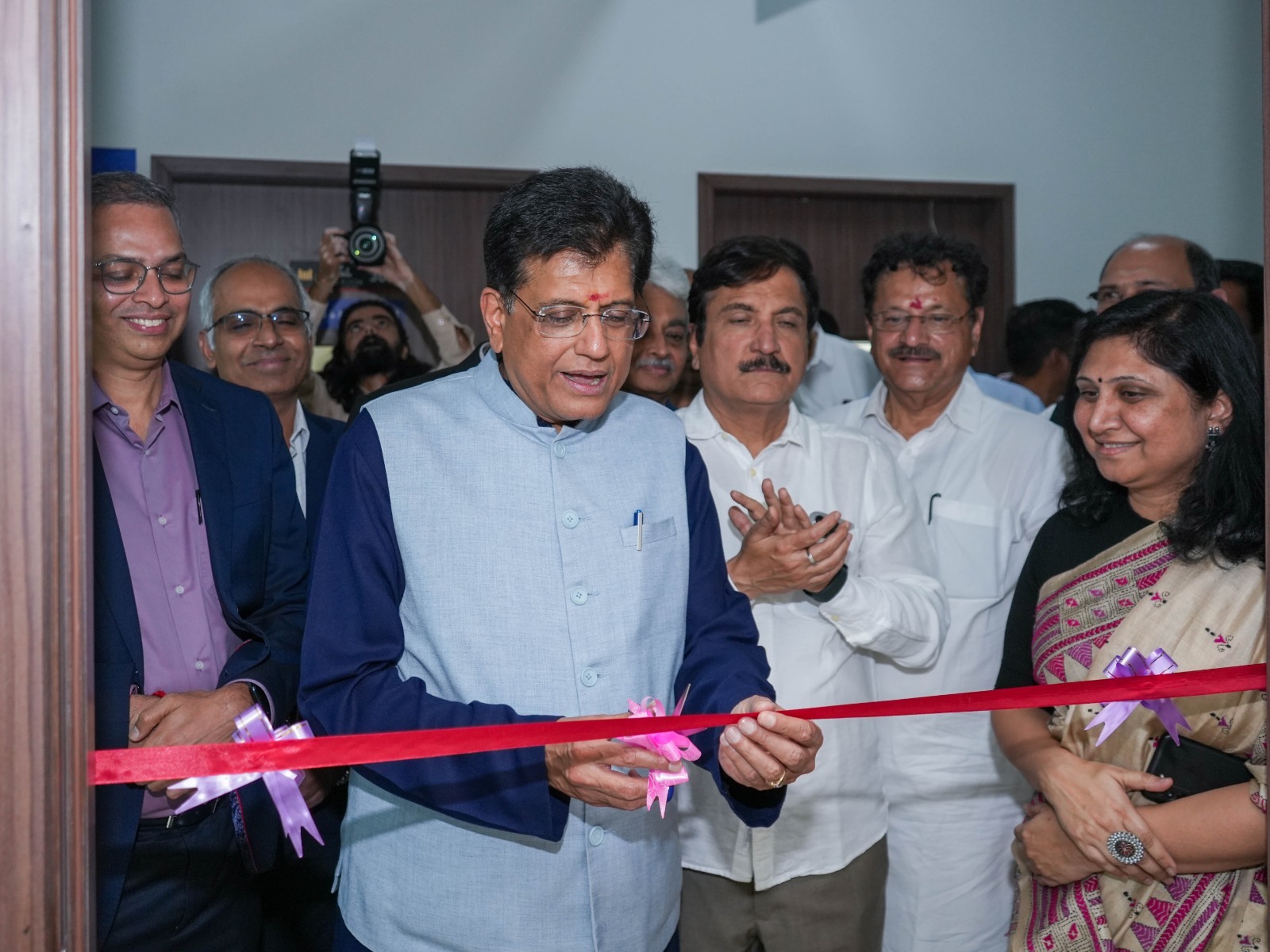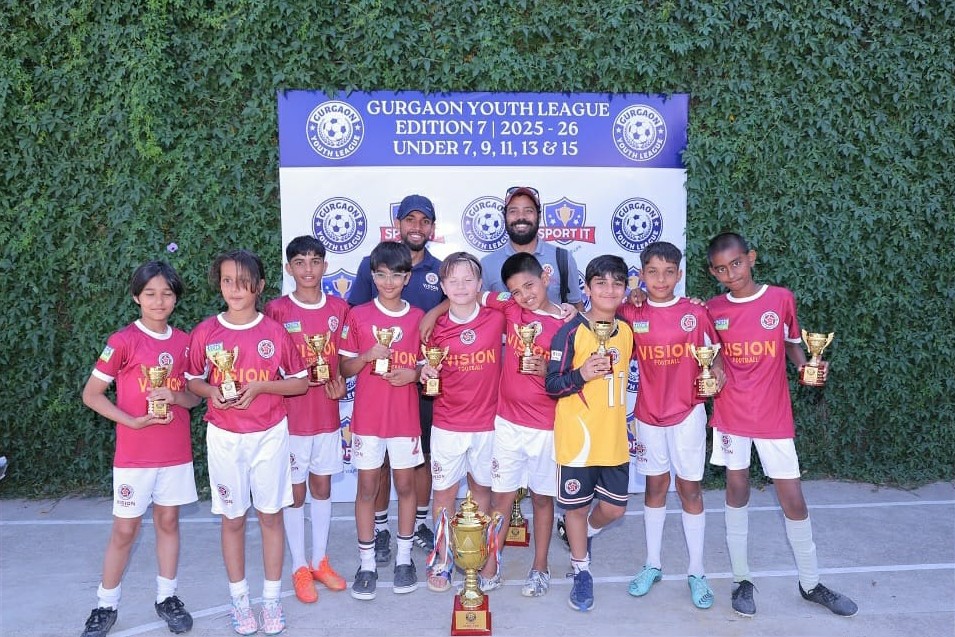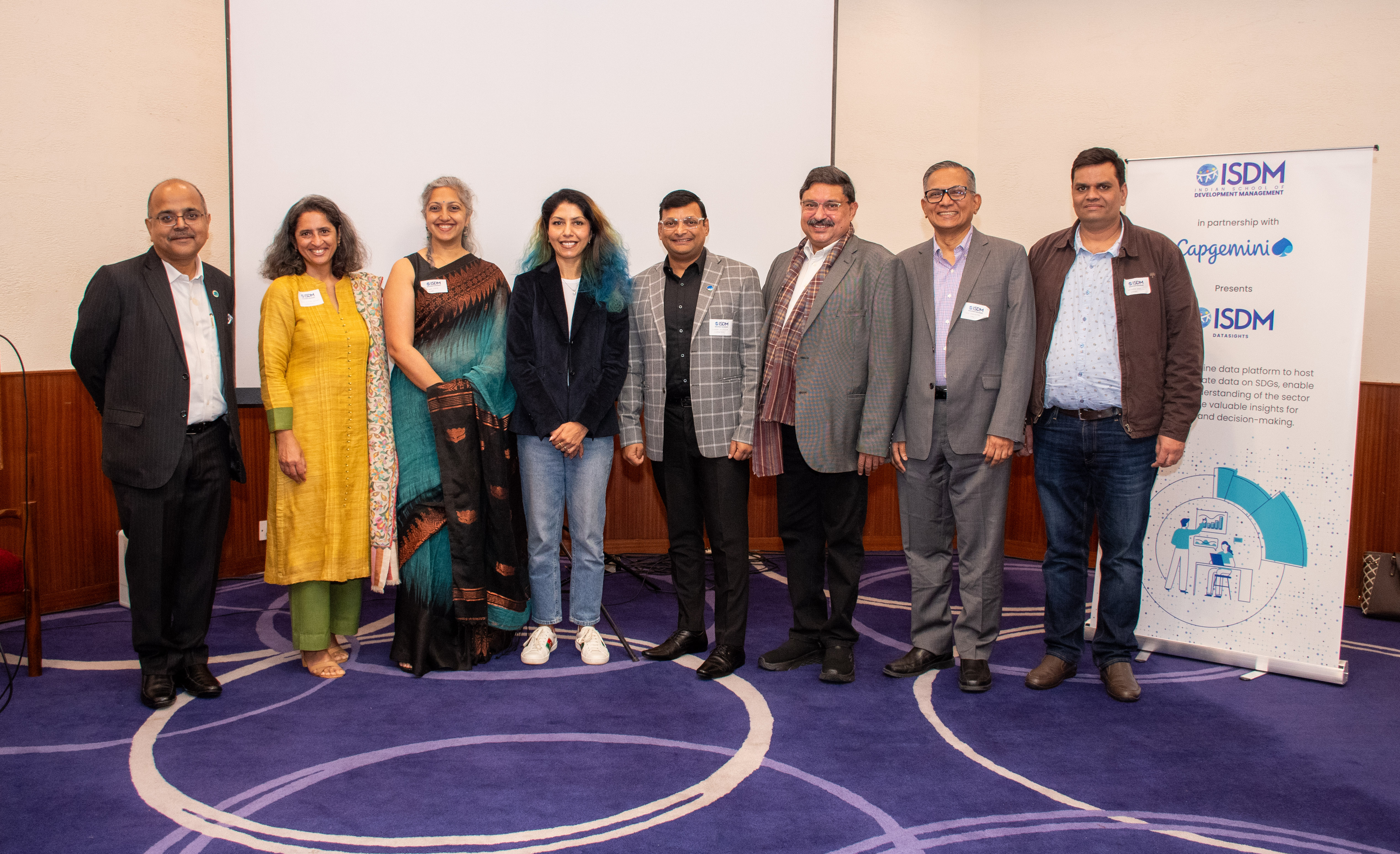Back to the Call for Papers Listing
Post a Call for Papers
Advertise with us

Subscribe our Weekly Newsletter
More Call for Papers
---------------------------------------------
Organization Name:
Apply By: 01 Jan 1970
Location:
Presentation Date: 01 Jan. 1970 - 01 Jan. 1970
Latest Online Store
Latest Tenders And EOIs
Latest News
© Renalysis Consultants Pvt Ltd



.jpg)






















